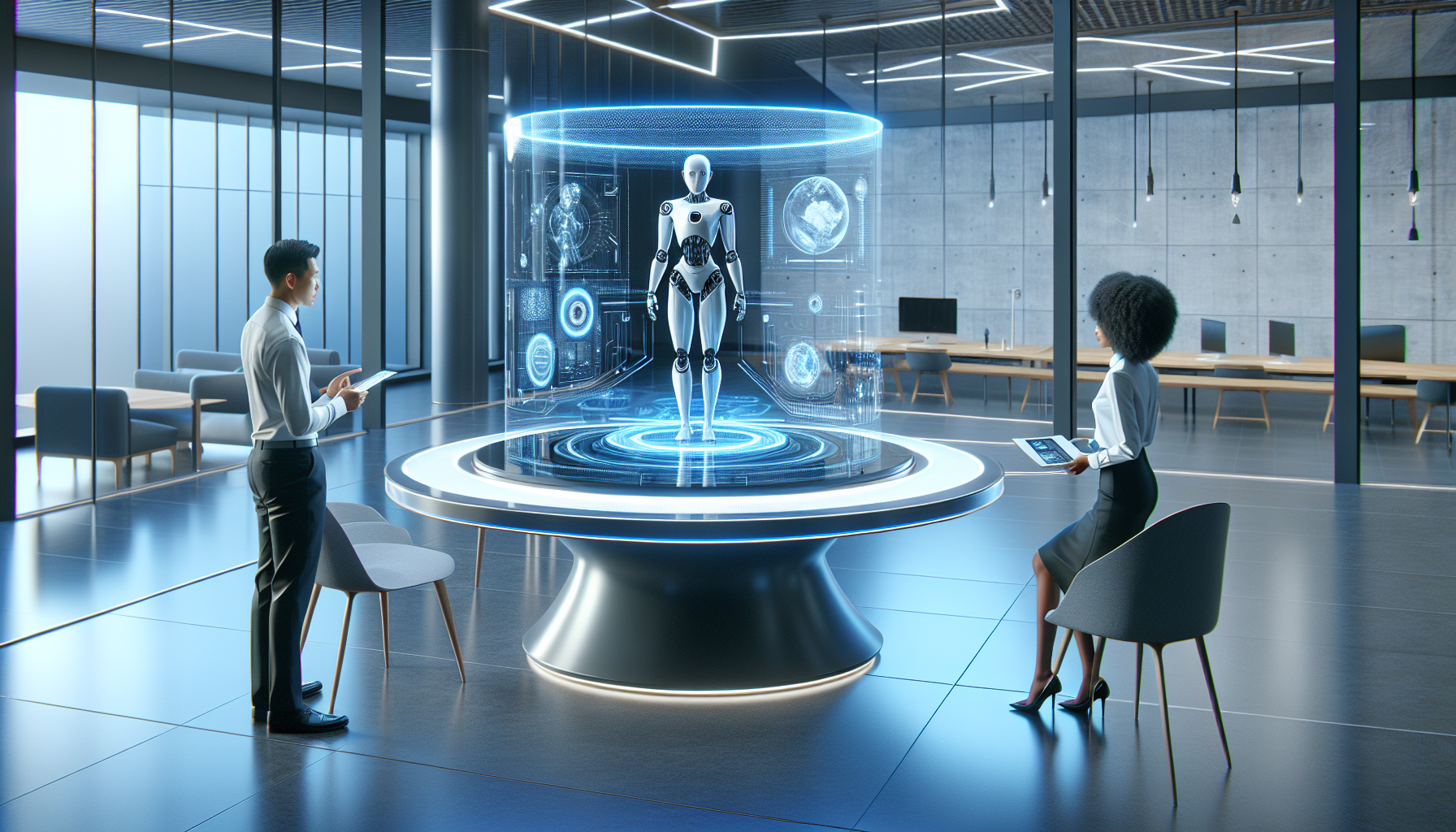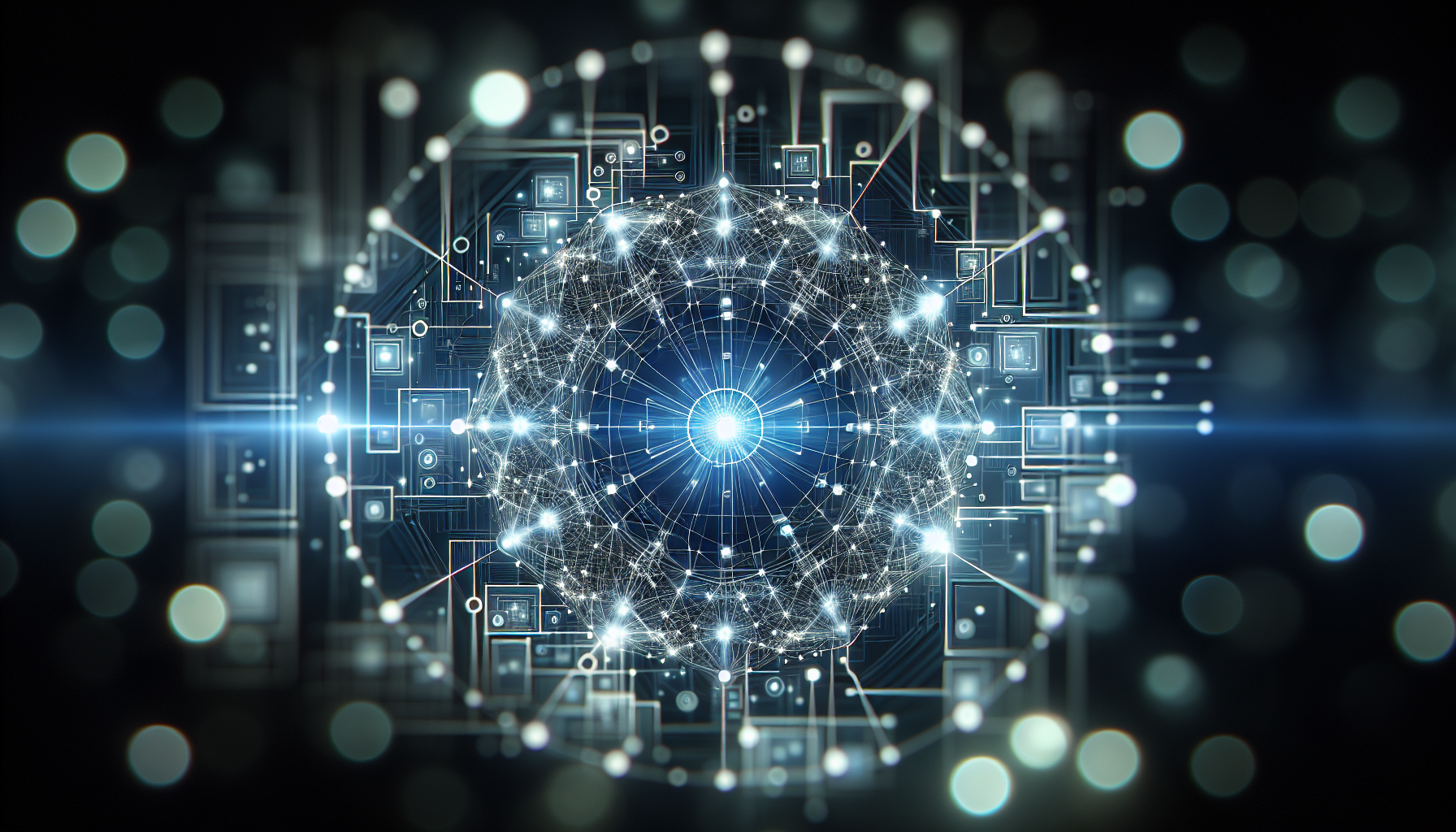
AI in Entertainment: A Comparative Analysis of Media and Gaming Transformations
September 1, 2025
Imagine binge-watching your favorite series, and suddenly you're part of the storyline, influencing the ending based on your reactions. Or consider playing a video game where the characters adapt to your style, crafting an experience uniquely yours. Welcome to the era of artificial intelligence in entertainment—a world where AI is not just a tool but a co-creator, reshaping how we consume and interact with media and games.
Let's start with the silver screen. AI in filmmaking is no longer confined to special effects or CGI enhancements. It's becoming an integral part of the creative process. Scriptwriters are exploring AI algorithms like OpenAI's GPT models to generate dialogue, brainstorm plot ideas, or even draft entire scenes. These AI systems, trained on a vast corpus of literature and screenplays, offer fresh perspectives and unforeseen narrative twists. However, the heart of this transformation lies in personalized viewing experiences. Platforms leveraging AI can analyze viewing habits to suggest not just what you might like, but what you might need to see next for an emotionally enriching experience.
On the flip side, AI in gaming is revolutionizing player interaction. Traditional games followed a linear path, but AI introduces an element of unpredictability and adaptability. With machine learning, NPCs (non-playable characters) can now learn from player behaviors, making them more challenging and realistic. Imagine an opponent in a strategy game that counters your tactics based on previous encounters or a virtual teammate that complements your playstyle. This is no longer the realm of science fiction; it's happening now, enhancing the depth and replayability of games.
One area where AI's impact is particularly striking is in content creation and world-building. In the past, game worlds were painstakingly hand-crafted by teams of developers. Today, procedural generation aided by AI can create expansive, intricate worlds that feel alive and dynamic. AI-driven engines can populate these worlds with flora, fauna, and NPCs that evolve and react to player choices, offering a gameplay experience that is as unique as the player themselves.
But here's where it gets interesting: the convergence of AI in both media and gaming is blurring the lines between passive and interactive entertainment. Consider interactive films or episodic games where the storyline adapts based on viewer decisions. These hybrid experiences are pushing the boundaries of storytelling, allowing audiences to influence narratives in real-time. It’s a two-way street; while AI learns from us, we, too, are learning new ways to engage with our favorite content.
Despite these exciting possibilities, the integration of AI in entertainment isn’t without its challenges. One of the most pressing concerns is the ethical implications of AI-generated content. Who owns the rights to a story crafted by an algorithm? How do we ensure that AI-generated narratives respect cultural sensitivities and diversity? These are questions that creators and legal experts are grappling with, as the lines between human and machine creativity continue to blur.
Another critical aspect is the potential for AI to exacerbate existing inequalities in the entertainment industry. While AI tools democratize content creation by lowering barriers to entry, they also risk marginalizing human creators who cannot compete with the speed and efficiency of machines. Striking a balance between embracing new technologies and preserving the human touch in storytelling is a challenge that the industry must navigate with care.
As we navigate this AI-driven landscape, one thing is clear: entertainment is becoming more personalized, immersive, and dynamic. But as we revel in these advancements, it's worth pondering how much control we relinquish in exchange for convenience and customization. Are we ready for a future where AI not only entertains us but also shapes the narratives of our lives? As AI continues to weave itself into the fabric of our entertainment experiences, the stories we tell—and how we tell them—could change forever.
In this brave new world of AI in entertainment, the possibilities seem endless. But as we push the boundaries of what’s possible, we must also ask ourselves: How do we ensure that these innovations enhance, rather than detract from, the uniquely human experience of storytelling and play?


